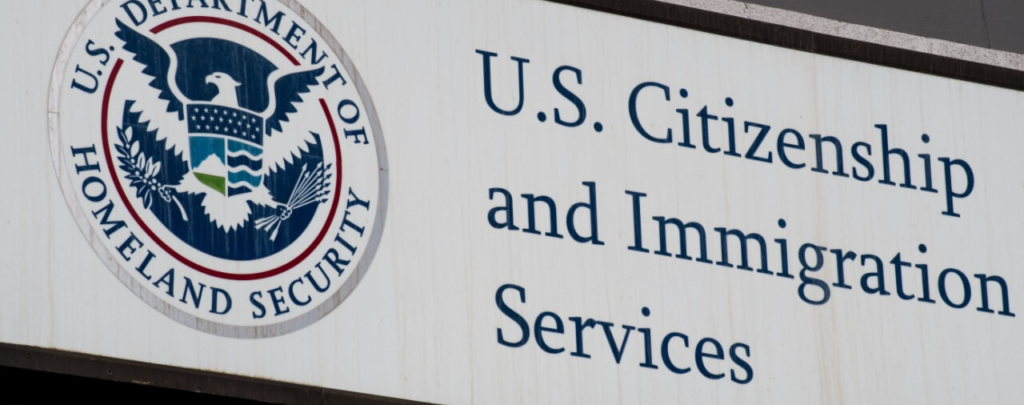On June 18, 2020, the Supreme Court of the United States published its decision in Department of Homeland Security v. Regents of Univ. of Cal., No. 18-587 (U.S. Jun. 18, 2020) [PDF version].
In a 5-4 decision, the Supreme Court concluded that the Department of Homeland Security could not rescind the DACA program without complying with the Administrative Procedures Act (APA). In this case, the majority held that the DHS’s decision to rescind DACA was arbitrary and capricious under the APA, and therefore invalid.
Opinions
The opinion of the court was written by Chief Justice John Roberts, and joined in full by Justices Ruth Bader Ginsburg, Stephen Breyer, and Elena Kagan. Justice Sonia Sotomayor joined in all respects except for that she would have not foreclosed the argument brought by the respondents that rescinding DACA violated the Fifth Amendment’s Due Process clause. The other eight Justices agreed in foreclosing the Due Process claims.
There were three separate dissenting opinions. Justice Clarence Thomas authored the main dissenting opinion, joined by Justices Samuel Alito and Neil Gorsuch. Those three Justices would have held that the Trump Administration had the authority to rescind DACA without following the APA and that DACA itself was unlawful from the time of its inception. Justice Brett Kavanaugh, dissenting alone, would have held that the Trump Administration had the authority to rescind DACA based on his disagreement with the majority’s treatment of the APA question, without reaching the issue of DACA’s underlying legality.
What Does the Decision Mean?
The decision does not ensure that DACA will remain in place indefinitely. Instead, it requires the DHS to rescind it in accordance with the APA. Because this may be a lengthy process, DACA is likely to remain in place for the immediately foreseeable future, and potentially longer depending on the outcome of the upcoming presidential and congressional elections. President Donald Trump suggested in the aftermath of the decision that the Administration would begin the process of rescinding DACA in accordance with the Supreme Court’s decision.
While there is no guarantee that DACA will ultimately be rescinded, there is also no guarantee that Congress will create a comprehensive path to permanent resident status for DACA beneficiaries. DACA recipients should, where possible under the immigration laws, pursue a more enduring immigration status. DACA recipients with case-specific questions about maintaining DACA or paths to lawful nonimmigrant or immigrant status should consult with an experienced immigration attorney.
You can see our DACA rescission article for a list of developments on the issue [see article].





